
2 Sep, 2021
The Future of Travel & Tourism Leadership
Bangkok – September is the most important month for Travel & Tourism. It commemorates both the International Day of Peace (21 Sept) and the International Day of Tourism (27 Sept). This Sept 2021 will be extra significant because of the 20th anniversary of 9/11, the geopolitical failure of America’s longest war and the global socio-economic wreckage of the Covid-19 catastrophe. When global leaders meet later this month for the UN General Assembly session, some heavy-duty soul-searching about the past, present and future of the New World Order is sure to ensue.
Travel & Tourism leaders will need to follow suit. Because things are not looking good.
Widely acknowledged to be the worst crisis of the 21st century, Covid-19 has shifted the focus towards health, wellness, sanitation and cleanliness. Alongside the slow recovery from the pandemic is the technology revolution: Drones, cryptocurrencies, algorithms, Artificial Intelligence, work from home, hybrid events, driverless cars, tele-health and tele-education. Ongoing safety and security concerns will burden the travelling public with biometrics, fingerprint scans, iris and facial recognition, and more.
At the geopolitical level, history is repeating itself. Just as the first half of the 20th Century was devastated by two World Wars, the first half of the 21st Century is being destabilised by a set of mini-World Wars – the “War on Terror”, the U.S.-China Cold War, to name just a few. Crawling out of the woodwork are legions of crazed extremists, nationalists, fundamentalists, racists, terrorists and supremacists of all ilks bent on fomenting a Clash of Civilisations.
Are Travel & Tourism leaders ready to deal with this chaos? I don’t think so.
One reason is the lopsided approach in recognising the very existence of these challenges. Since 2001, Travel & Tourism has excelled at creating growth but proved utterly hopeless at managing it. Its risk management score is zero. While clearly helpless against Acts of God such as hurricanes and earthquakes, the leadership has deliberately avoided addressing the impact of man-made geopolitical, economic, social and cultural disruptions, choosing instead to stick to the safe comfort zones. Sustainability, the omnipresent buzzword, has only applied to the natural environment.
As the third decade of the 21st Century is looking even more risky than the first two, that narrow definition of “sustainability” will need to be broadened to recognise the existence of ALL the challenges and prevent more crises from erupting after Covid-19.
In fact, a study of history will show the prevailing instability and volatility was not supposed to have occurred at all.
This was supposed to be a Century of Promise – a borderless world of open markets, globalisation, democracy, human rights and free movement of people, goods, money and ideas. 2001 was also the first year of the 15-year Millennium Development Goals (MDGs), the eight-point predecessor of the 17-point Sustainable Development Goals (SDGs). The MDGs campaign was derailed by the “War on Terror”. Covid-19 has put the SDGs, too, in reverse gear. The biggest drain has been the financial, social, economic, cultural, environmental, moral and ethical costs, both direct and indirect, of America’s longest war. The Covid-19 crisis made it all even worse.
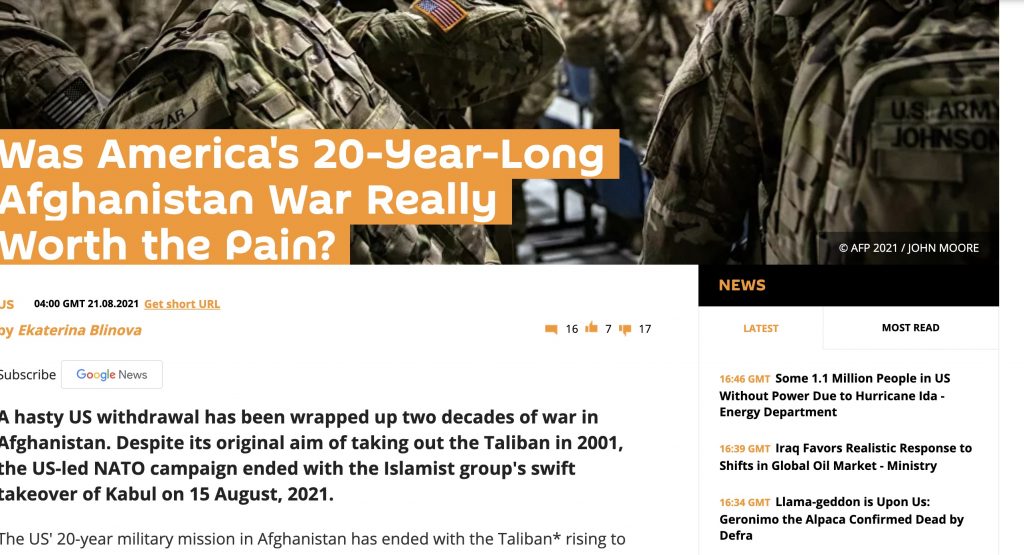
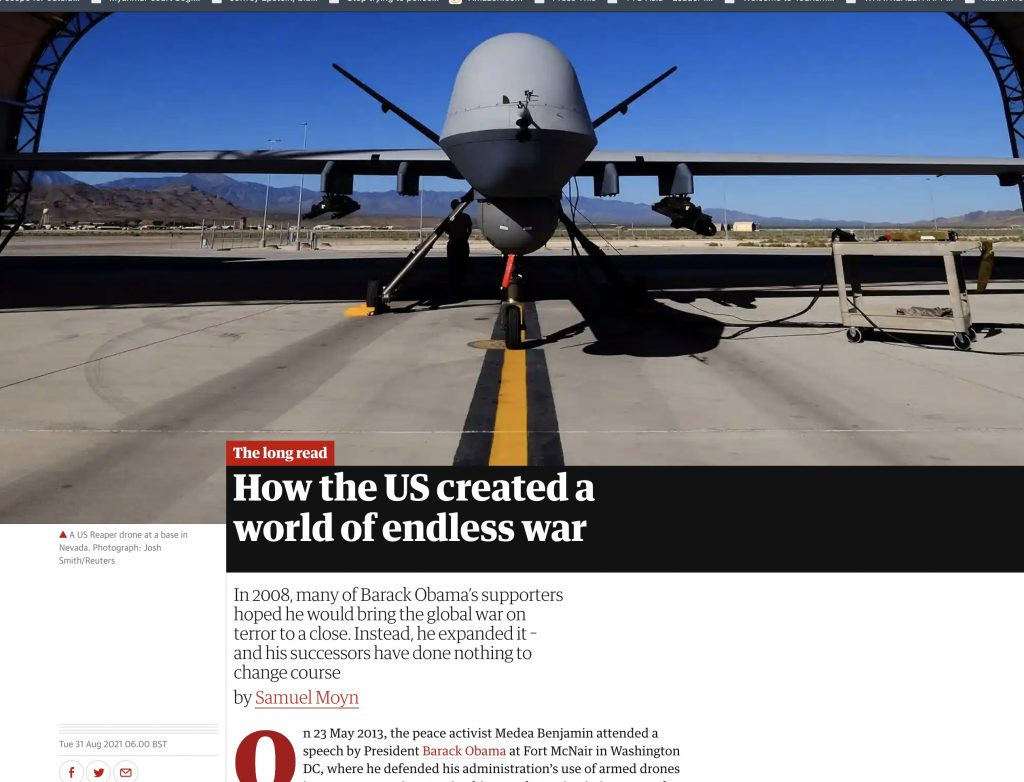
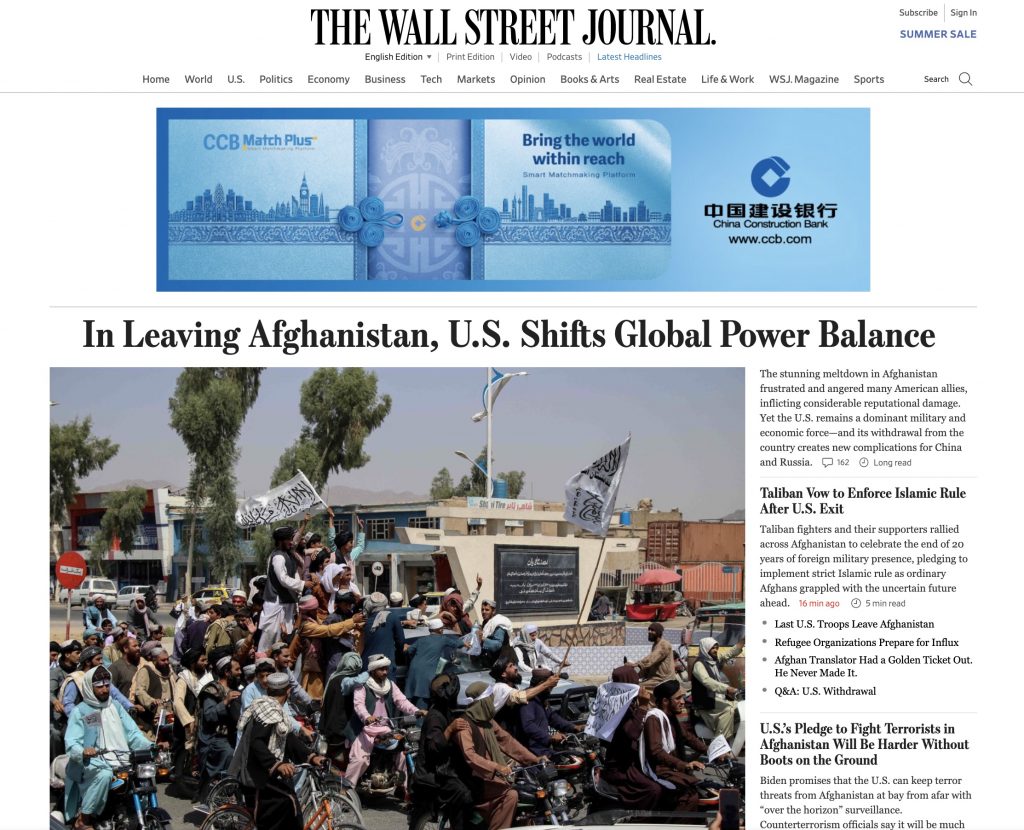
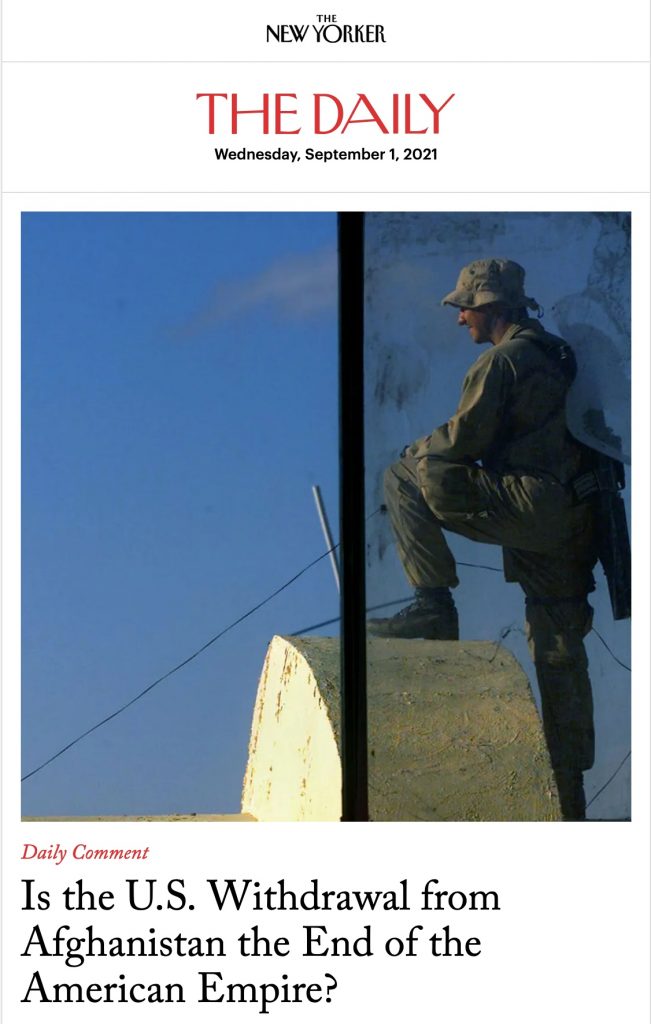
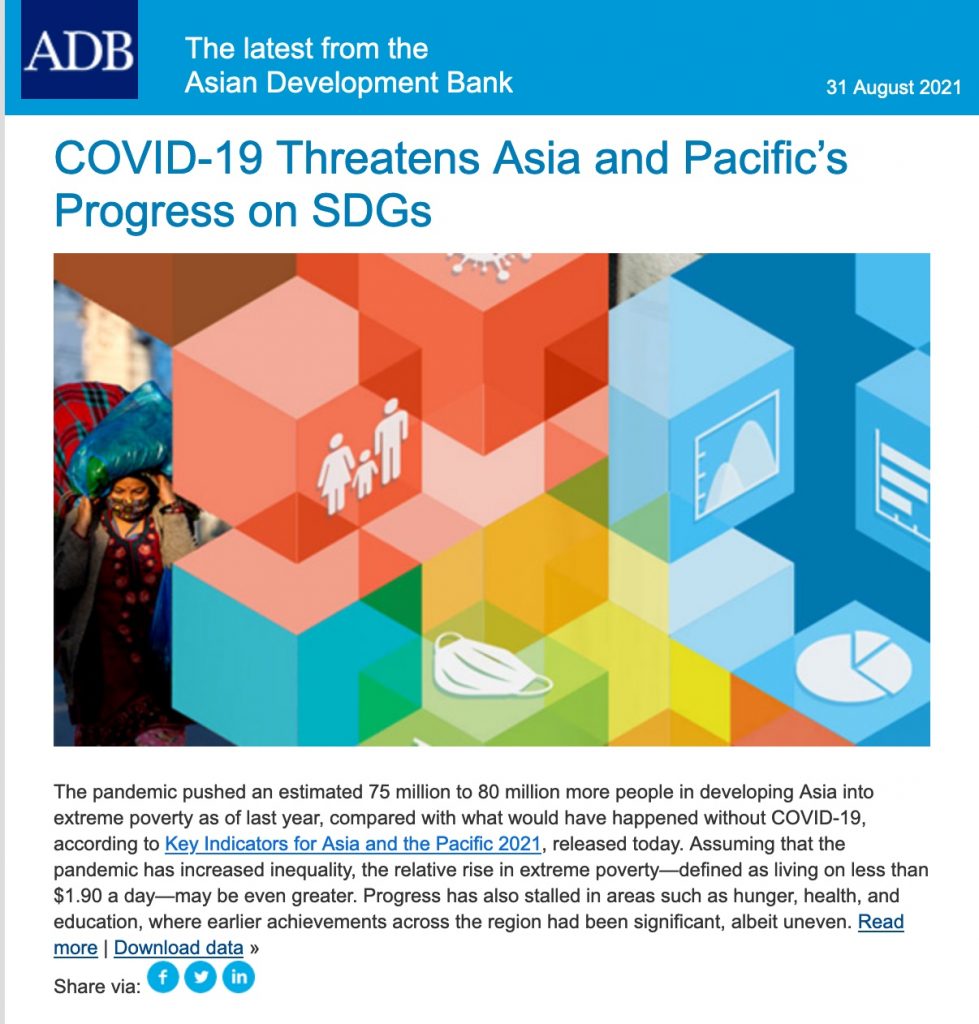
So far, not a single Travel & Tourism forum has mustered the courage to mull the impact of this conflict on the industry over two decades. What went wrong? Who should be held accountable?
This living-in-denial blind spot, as well as the inability to create a more peaceful world, is Travel & Tourism’s biggest failure. An industry which emerged from the ashes of the two World Wars has failed dismally to build “Peace Through Tourism.” Lots of lofty “summits” were held, but produced nothing tangible. Visitor arrivals grew by the hundreds of millions, but the world never became a more commensurately peaceful place. The popular mantra was “People Planet Profits”. The fourth and most important P for “Peace” was never mainstreamed.
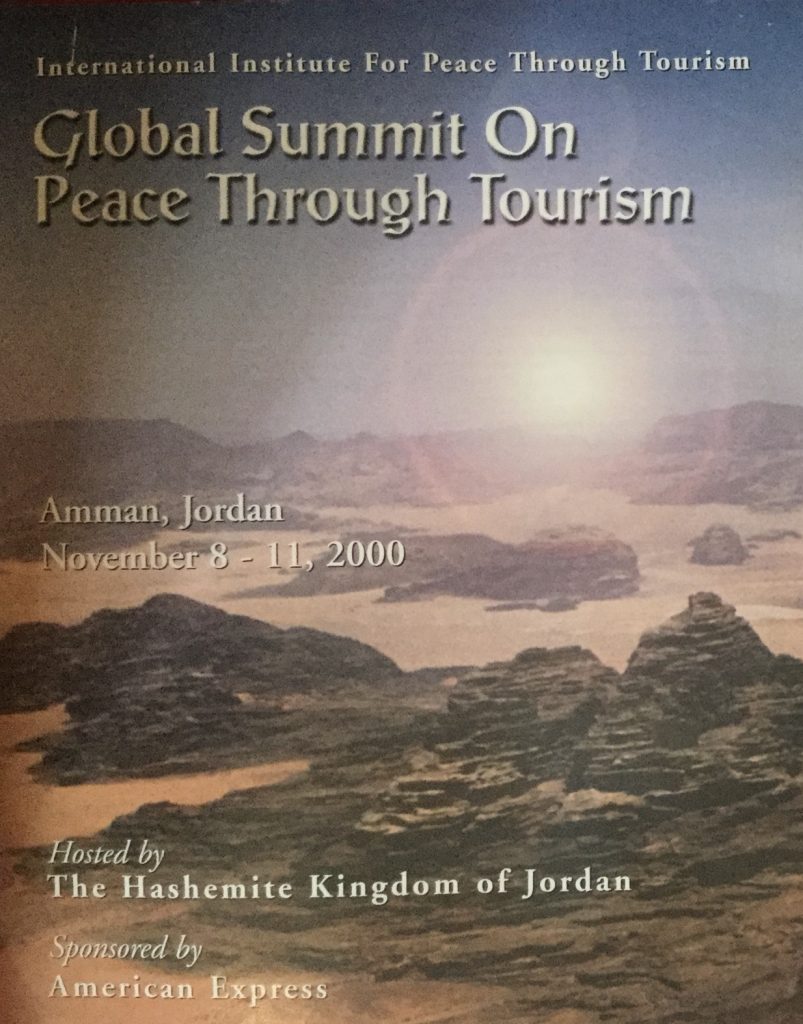 |
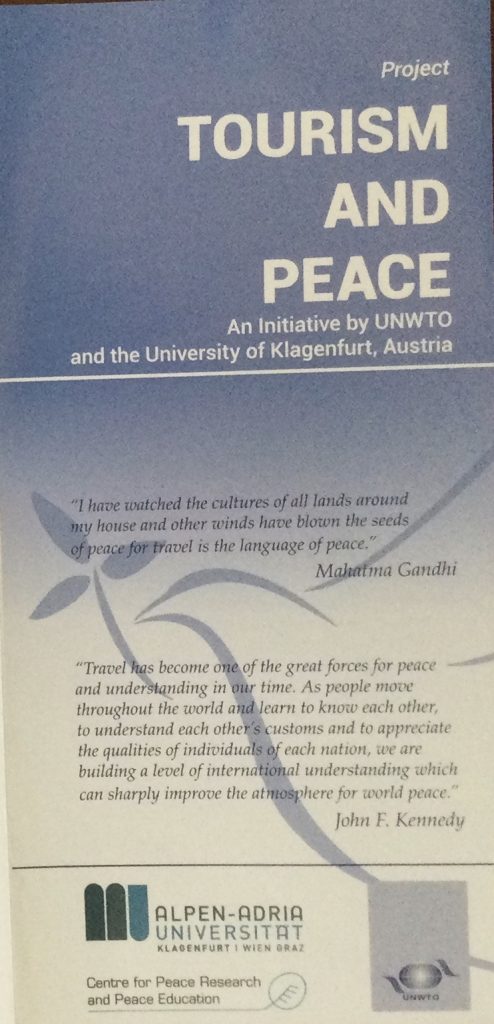 |
So, what next for Travel & Tourism and its leadership?
Twenty years ago, when the 9/11 attacks occurred followed by the assault on Afghanistan, the current generation of leaders would have been hailed as the “Future Generation.” What have they learned from history? My impression is: Nothing. Short-term thinking still prevails. Businessmen are focussed on their bottom lines, destination managers and politicians on vaccine passports, workations, bubbles and sandboxes. Futurists, visionaries and thought-leaders are trotting out the same hackneyed textbook buzzwords such as “innovation” and “partnerships”. Everyone is striving to get people back to work.
Admittedly, all are important short-term priorities but they will prove to be mere band-aids when the next crisis strikes.
On 12 May 2021, the UNWTO proclaimed that “Re-establishing Trust in Travel is a Key First Step Towards Tourism Recovery.” Wrong. Trust in the Leadership of Travel & Tourism, both individual and institutional, will be more important, much more important.
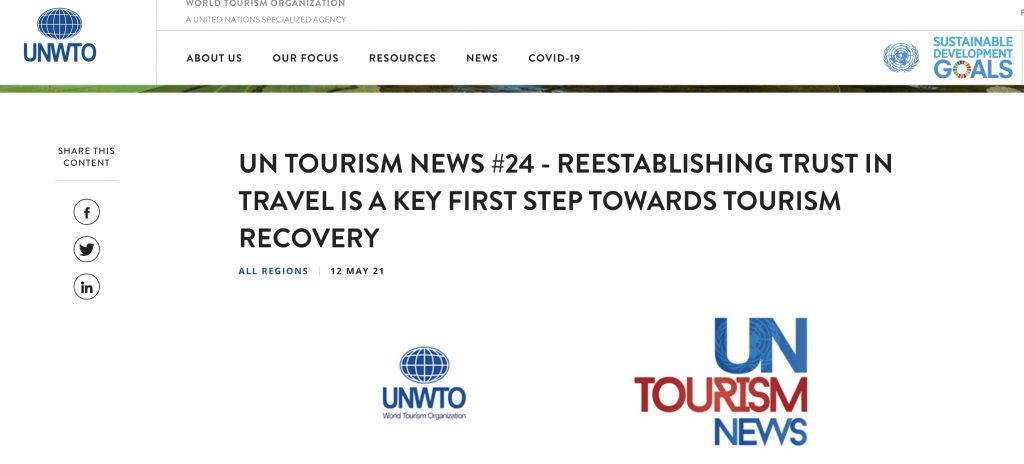
Nevertheless, as the UNWTO itself has underscored the importance of Trust, the challenge facing that apex industry institution is to walk the talk. Can the UNWTO be trusted to rally the global Travel & Tourism agenda around that theme and hold global leaders accountable for disrupting the peace? Can it be trusted to fulfill the mandate of Travel & Tourism to make the world a better place, as per the clarion-call mantra coined by former UNWTO Secretary-General Dr Taleb Rifai?
Will the UNWTO and Travel & Tourism leaders have the:
(+) Courage to deal with ALL sources of disruption and instability, no matter how controversial, especially those which impact on the poor and under-privileged?
(+) Integrity to address them without fear or favour, and free of influence by deep-pocket corporate sponsors and promoters?
(+) Maturity to facilitate rational debate and ensure all sides get a fair voice, including those who challenge conventional wisdoms and sound early warnings?
At the moment, I don’t think so.
In future, however, that CAN change.
With its future very much at stake, the young generation, more connected and better informed than any other in history, can monitor the trustworthiness of industry leaders by tracking their words and actions. One year from today, by Sept 2022, they should have enough material to see which leader has worked the hardest to create a safer, saner, more peaceful and sustainable world in the post-Covid, post-Afghanistan era.
Perhaps a new game-changing award can be created to recognise such dedication and commitment, and conferred on the International Day of Peace.
All leaders strive to stay abreast of “The Future.” Usually, this applies to everything except their own. It’s only when leaders are put on notice that their own place in history is at stake that they will act to ensure they are remembered for the right reasons.



Liked this article? Share it!